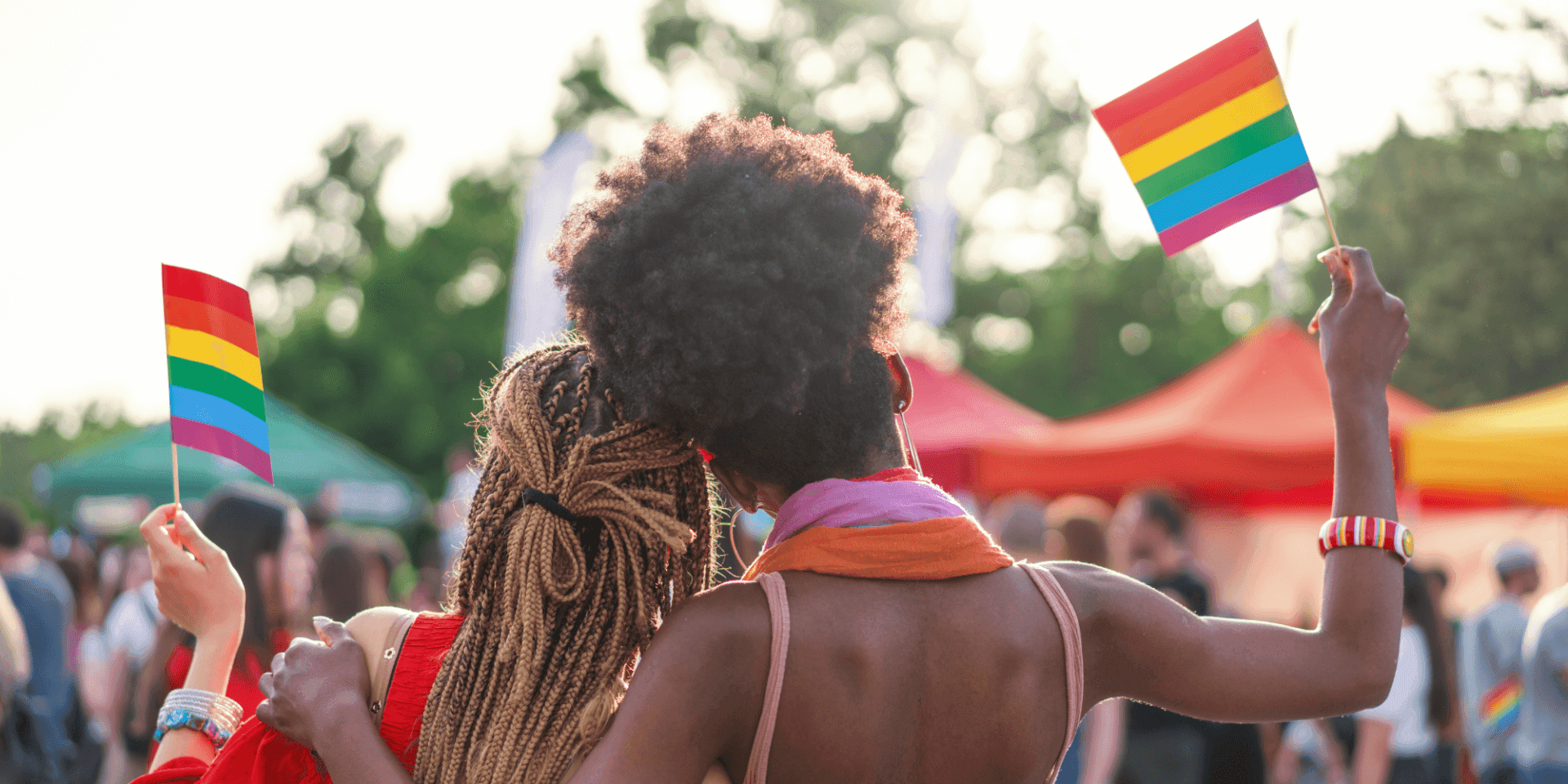The LGBTQ+ community has made significant strides in achieving equality, such as marriage equality. However, there is still much work to do to ensure LGBTQ+ individuals experience full equality. One area that continues to reveal disparities is the mental health field, where the unique mental health needs of the LGBTQ+ community are not always equally addressed. Failing to recognize and cater to these specific needs can lead to isolation and potentially harmful behaviors among those seeking help within this community.
Being part of the LGBTQ+ community can be extremely challenging. Many individuals experience intense loneliness and exclusion from their loved ones, which can trigger depression and anxiety. One unique aspect of the LGBTQ+ experience is the process of “coming out,” which is emotionally difficult and mostly exclusive to this community. While positive changes in societal acceptance of LGBTQ+ people act as a protective factor for mental health, this shift has also resulted in many LGBTQ+ youth coming out or disclosing their sexual orientation or gender identity at younger ages. This early disclosure can affect their social experiences and relationships, leading to negative mental health outcomes, especially for those lacking supportive environments.
Shockingly, suicide is the second leading cause of death among young people (10 to 24 years old), and LGBTQ+ youth are four times more likely to attempt suicide than their peers, according to the Trevor Project. Adults within the LGBTQ+ community face multiple challenges, including depression, anxiety, higher risk of suicide attempts, social isolation, and Post Traumatic Stress Disorder resulting from family, relationship, and societal abuse. They are also more than twice as likely as heterosexual adults to experience a mental health condition, with transgender individuals being almost four times as likely as cisgender individuals (people whose gender identity corresponds with their birth sex) to be affected.
Substance misuse or overuse is a significant concern within the LGBTQ+ community and is often used as a coping mechanism or form of self-medication. LGBTQ+ adults are nearly twice as likely as heterosexual adults to experience a substance use disorder, while transgender individuals are almost four times as likely as cisgender individuals to experience such a disorder. High school-aged youth who identify as LGBTQ+ or are unsure of their identity also exhibit significantly higher rates of illicit drug use compared to their heterosexual peers.
The LGBTQ+ community frequently faces discrimination, including homophobia, biphobia, transphobia, bullying, and identity-based shame. They are often subjected to labeling, stereotyping, denial of opportunities or access, and verbal, mental and physical abuse. This community is one of the most targeted by perpetrators of hate crimes. The cumulative impact of such discrimination significantly increases the risk of Post Traumatic Stress Disorder among LGBTQ+ individuals compared to their heterosexual and cisgender counterparts. Socioeconomic and cultural factors also negatively affect the mental health of many LGBTQ+ individuals. Discrimination, prejudice, denial of civil and human rights, harassment, and family rejection contribute to the emergence or worsening of symptoms, particularly for those with intersecting racial or socioeconomic identities.
The Importance of LGBTQ+ Inclusive Approaches
Inadequate mental health care is another challenge faced by the LGBTQ+ community. The approach to sexual orientation and gender identity in mental health care often lumps together individuals from the LGBTQ+ community, disregarding their unique challenges, rates of mental illness, and experiences. This approach can be problematic, as each sub-community within the LGBTQ+ umbrella faces distinct issues. Other identity factors, such as race and economic status, can also affect the quality of care received or the ability to access care. Additionally, LGBTQ+ individuals may encounter harassment or a lack of cultural competence from potential providers. These experiences can lead to a fear of disclosing sexual orientation and/or gender identity due to potential discrimination or bias from providers. Overcoming these barriers and addressing mental health symptoms with LGBTQ+ inclusive mental health providers can lead to better outcomes and ultimately promote recovery. Learn more about creating an inclusive practice here.
Resources for LGBTQ+ Mental Health Support and Education
The information shared here provides only a glimpse into the ongoing struggles faced by the the LGBTQ+ community on a daily basis. As clinicians, it is our responsibility to be fully aware of the unique needs that individuals from this community bring to their treatment. Taking a “cookie-cutter” approach is not only unhelpful but can also be harmful, especially for those in the LGBTQ+ community. Therefore, it is crucial for us to educate ourselves further on their specific needs and challenges. Fortunately, there are plenty of wonderful resources available to help us expand our knowledge about the unique needs of the LGBTQ+ community. Organizations such as The Trevor Project, Human Rights Campaign, NAMI, and Mental Health America are just a few of online resources where we can find more information and insights.
Finding LGBTQ+ Inclusive Therapists: Resources and Guidance
If you know an LGBTQ+ individual who is struggling with mental health, there are numerous great resources available to help you find an LGBTQ+ inclusive therapist. The Human Rights Campaign’s website offers a comprehensive list of resources, including their page on Mental Health Resources in the LGBTQ Community (hrc.org). This valuable resource can guide you in finding mental health professionals who are knowledgeable and inclusive in their approach to LGBTQ+ mental health.
Immediate Help for LGBTQ+ Individuals in Crisis
Additionally, if you or someone you know within the LGBTQ+ community is experiencing suicidal thoughts, it is crucial to seek immediate help. The 988 Suicide and Crisis Lifeline can be reached by dialing or texting 988 at anytime, connecting you with trained crisis therapists who are available 24 hours a day. The Crisis Text Line offers another option: text HOME to 741741 to connect with a volunteer Crisis Counselor who can offer free 24/7 support. Alternatively, call 911 or go to your nearest emergency room.
Working Together for LGBTQ+ Mental Health Equality
By utilizing these resources and reaching out for support, we can play a part in improving the mental health outcomes and overall well-being of individuals within the LGBTQ+ community.


